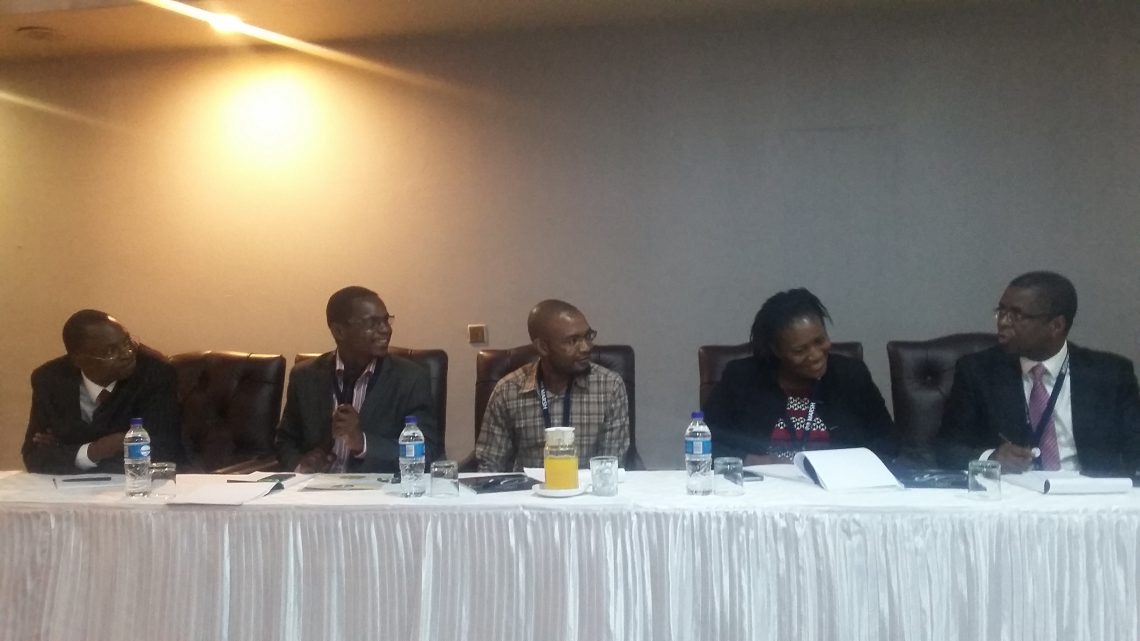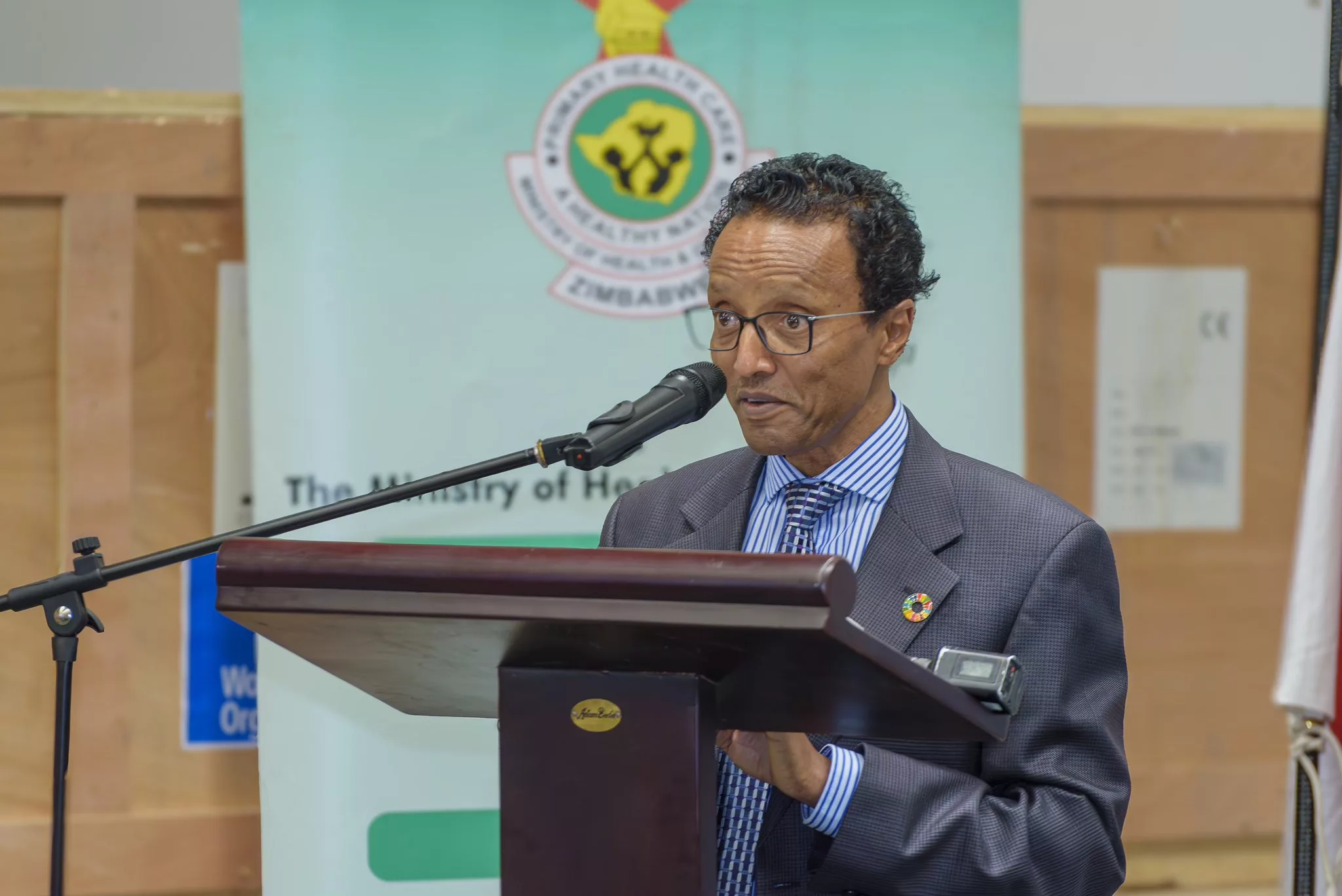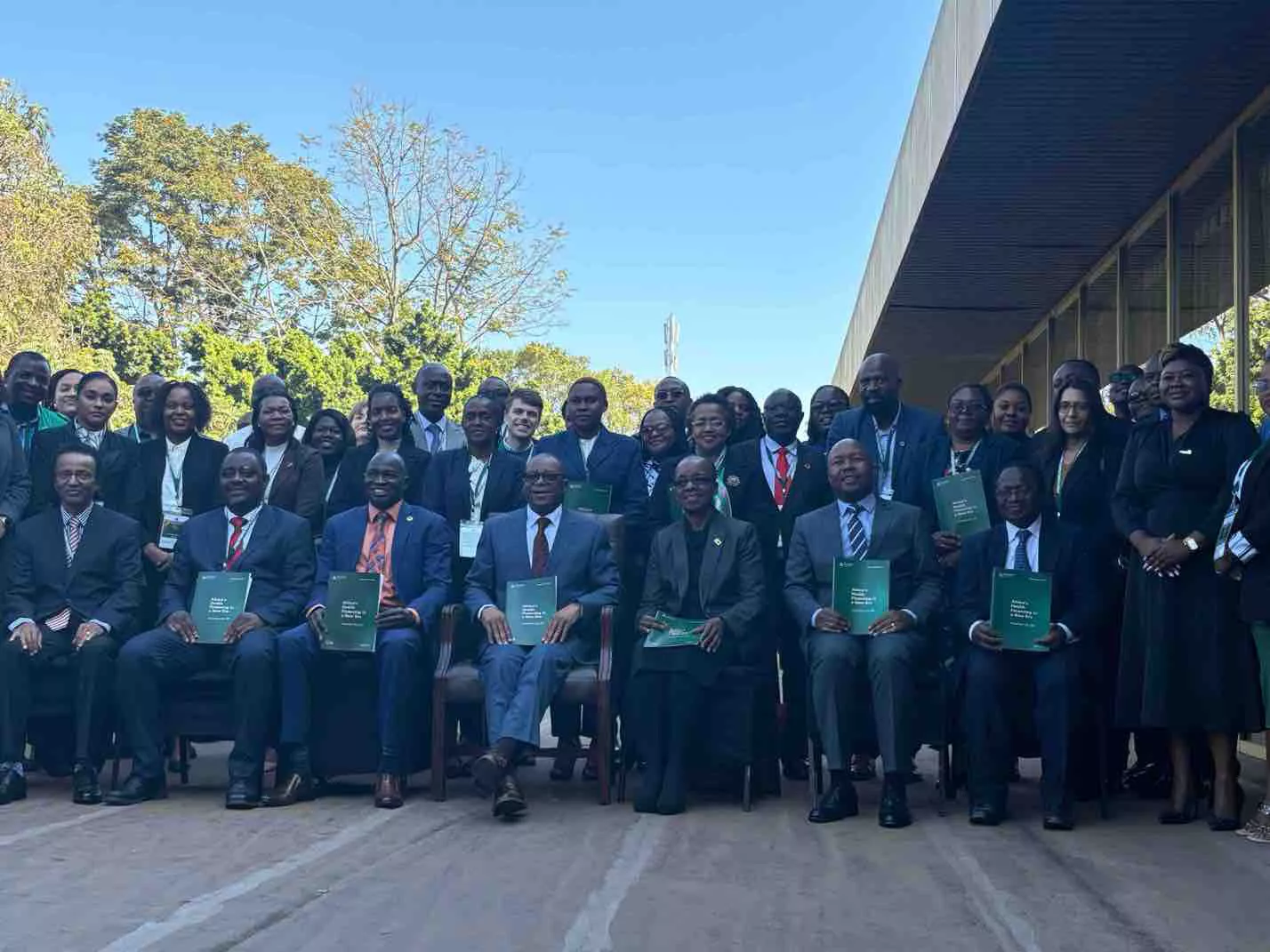Representatives of medical aid societies, pharmacists, hospitals, doctors, laboratories, the legal sector and other stakeholders from across the country on Thursday lamented the lack of specific laws to deal with healthcare fraud when they came together at the Healthcare Fraud Indaba in Harare.
In discussions and presentations it was noted that medical aid societies were incurring huge losses through fraud. There was general agreement on the need to address this problem.
The Healthcare Fraud Indaba, which began on Thursday and continued on Friday was initiated by the Association of Healthcare Funders of Zimbabwe (AHFoZ). It coincides with International Fraud Awareness Week, which runs from November 12 to 18.
Welcoming the conference participants, AHFoZ chief executive officer Shylet Sanyanga said AHFoZ had decided to host the event as a way of engaging various stakeholders to fight healthcare fraud, which, she said, had escalated.
“We realised that we cannot fight fraud alone. Therefore we have taken the lead in bringing key stakeholders on board,” she said.
She said the fact that the indaba coincided with the International Fraud Awareness Week, showed that fraud, including healthcare fraud, was not a Zimbabwe problem alone but an international problem.
In a presentation on the role and needs of key stakeholders in fighting fraud, waste and abuse, Dr Tinashe Magumise, AHFoZ risk management committee convener, said the key stakeholders in fighting healthcare fraud were medical aid society members, service providers, employees, healthcare funders, auditors, investigators and legislators, with the first three being instrumental in both instigating and fighting fraud.
One of the challenges in fighting healthcare fraud in Zimbabwe, he said, was the absence of specific laws on healthcare fraud. In some other countries, he said, there was legislation dealing specifically with healthcare fraud.
There was also a fragmented approach to healthcare fraud, where one funder did one thing and another did something else.
He went on to lament the lack of cooperation on the part of regulatory and professional bodies, which made the process of filing a complaint cumbersome.
Inadequate skills in fighting fraud as well as primitive systems in use by healthcare funders were also cited as obstacles to fighting healthcare fraud. Another factor, he said, was the absence of ICD10 coding, which helps to detect fraud.
What was needed to fight fraud, he suggested, were continuous training and education, information sharing, a robust and modern system, cooperation and collaboration among stakeholders and specific legislation on healthcare fraud.
Director of policy planning and coordination in the Ministry of Health and Childcare Stephen Banda said the Zimbabwe Government, like governments everywhere, was grappling with the rising healthcare costs.
Speaking on ‘Public Private Partnership in Fighting Healthcare Fraud’, he said some of the broad drivers of healthcare fraud included an uncertain or weak regulatory framework, fragility in demand for healthcare service and political interference.
He also cited as contributory factors a complex system and lack of transparency and resources, as well as low ethical standards among public workers.
As a way of mitigating healthcare fraud he suggested using appropriate payment mechanisms, clinical audits and claims verification and promoting a close working relationship between payers and providers of healthcare services.
He also suggested passing specific health insurance fraud laws with stiff financial penalties and implementing strong arrangements for health insurance fraud detection so that people know that the chances of getting away with such fraud are slim. He also suggested incentives for healthcare service providers to identify and report fraud.
The importance of sharing information on specific schemes was also highlighted.
“Partnerships should be designed to share best practices in order to improve detection of fraud,” he said.
He recommended encouraging and protecting whistle blowers, the early reimbursement of service providers with clean claims, tariff incentives for adherence to treatment protocols and training of health insurance staff in fraud detection.
Certified fraud examiner Proctor Nyemba, called for the formulation of fraud policies within organisations as a way of curbing fraud.
He also called for government support of efforts to combat healthcare fraud and urged the Ministry of Health and Child Care to develop a healthcare fraud policy. He alluded to the importance of public private partnerships and cooperation in the fight against fraud.
The Healthcare Fraud Indaba is the second such conference that AHFoZ has held. The hope, Ms Sanyanga said, was to continue to have such meetings in order to raise awareness of healthcare fraud and discuss ways of eradicating it.






